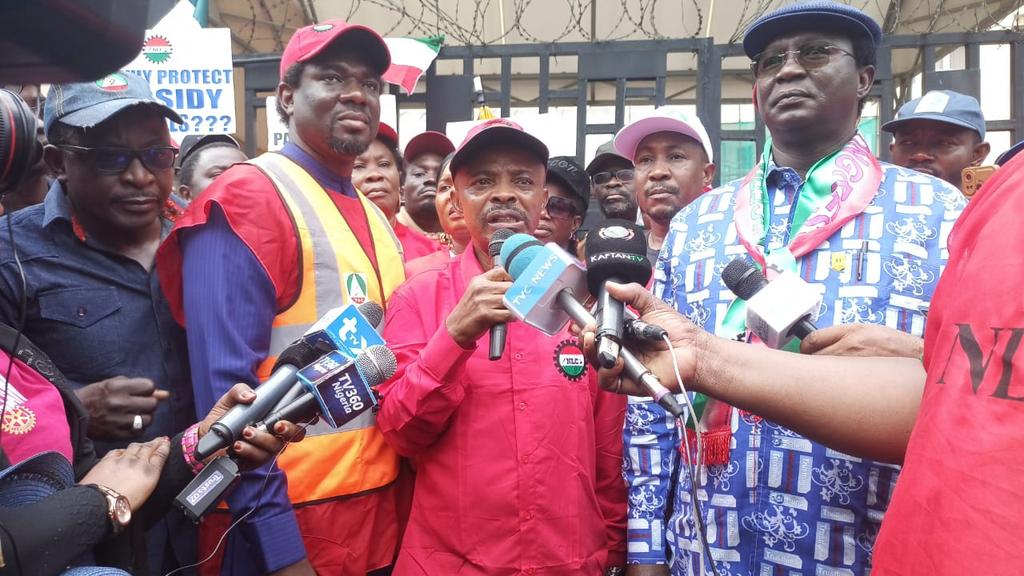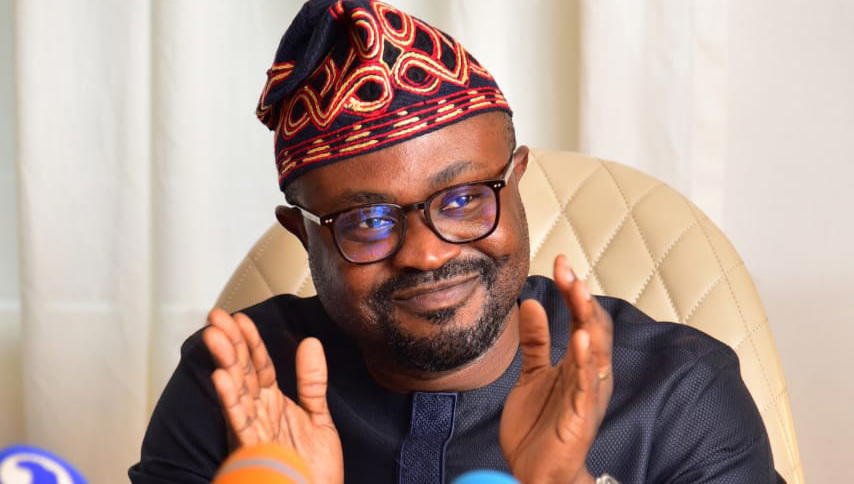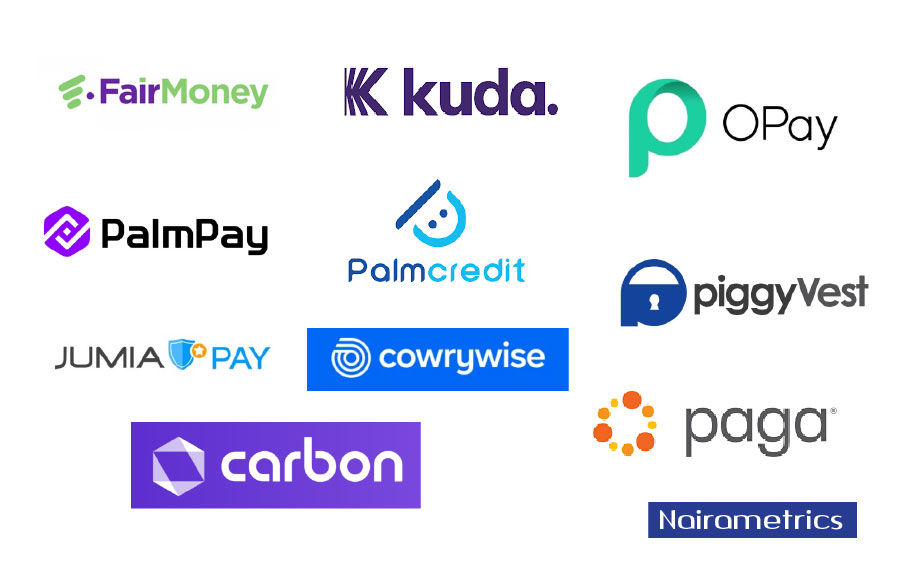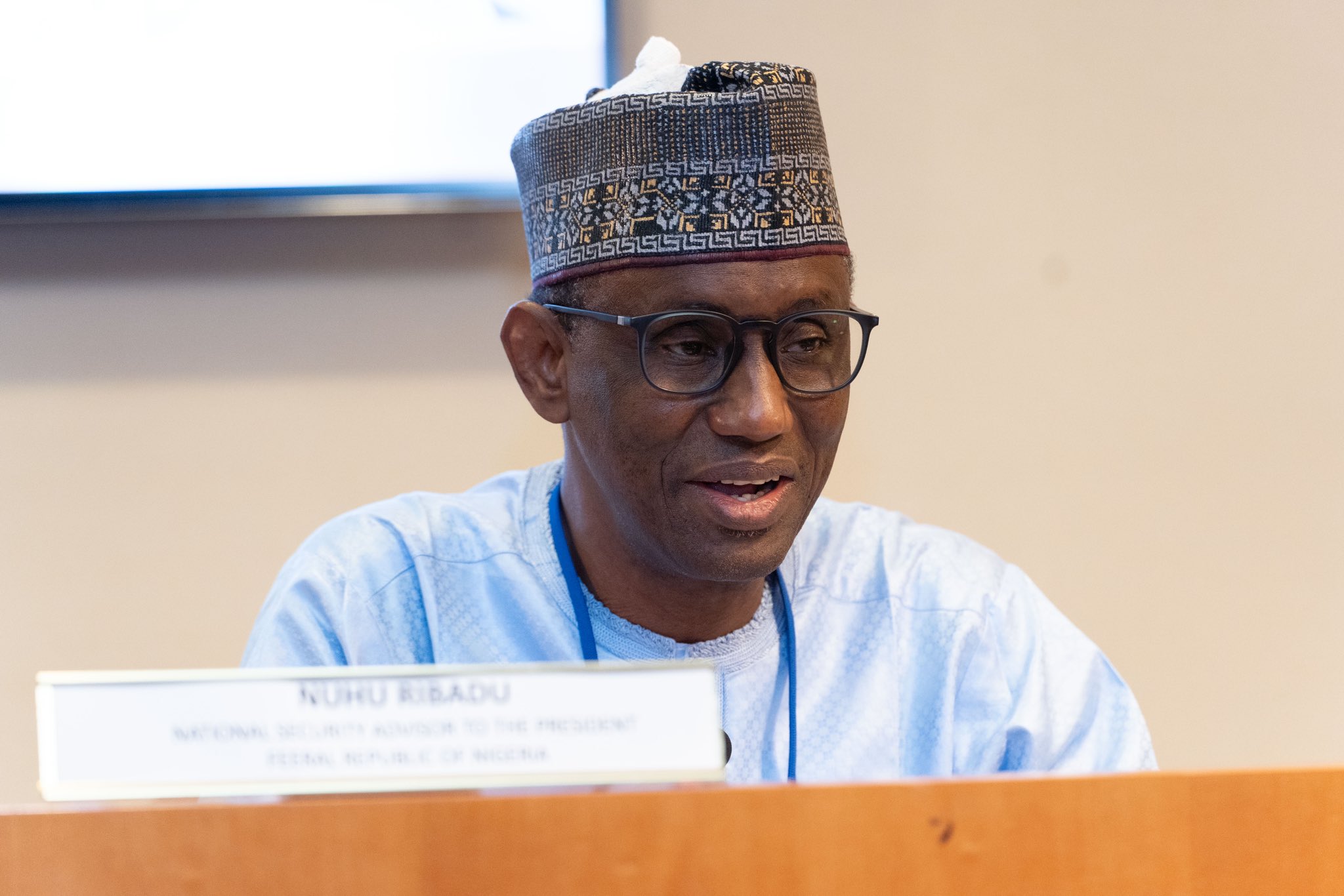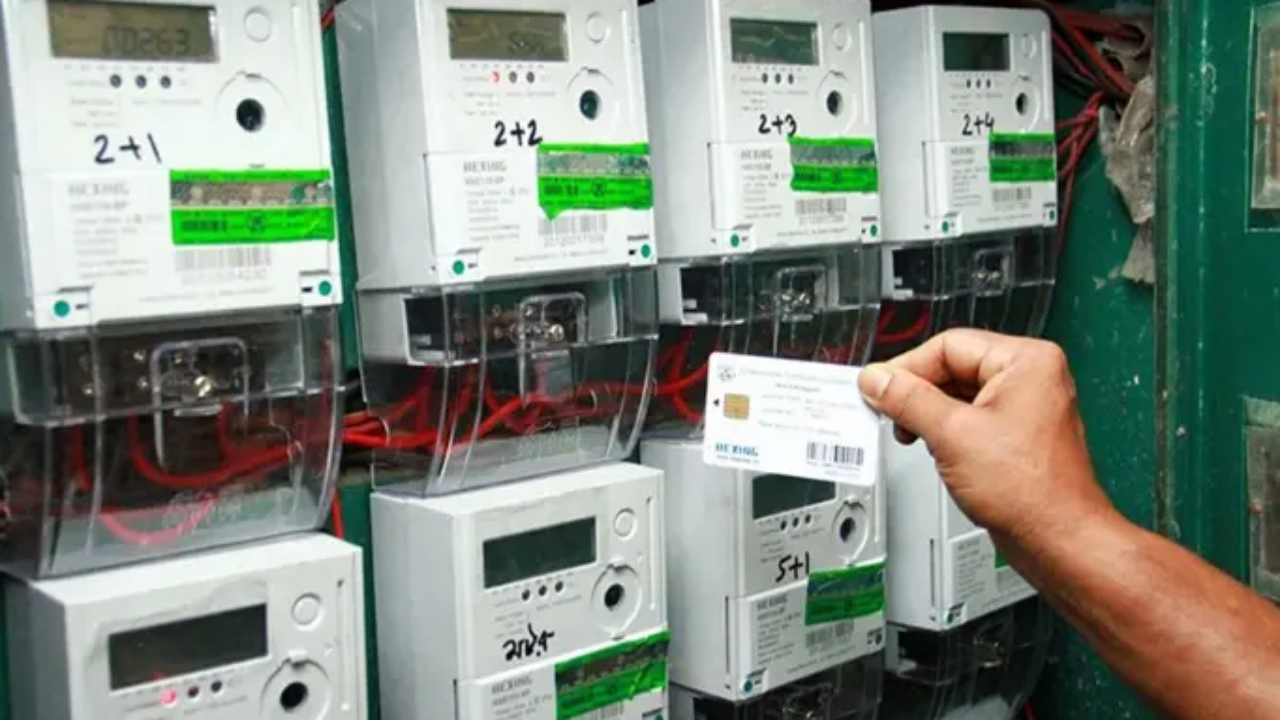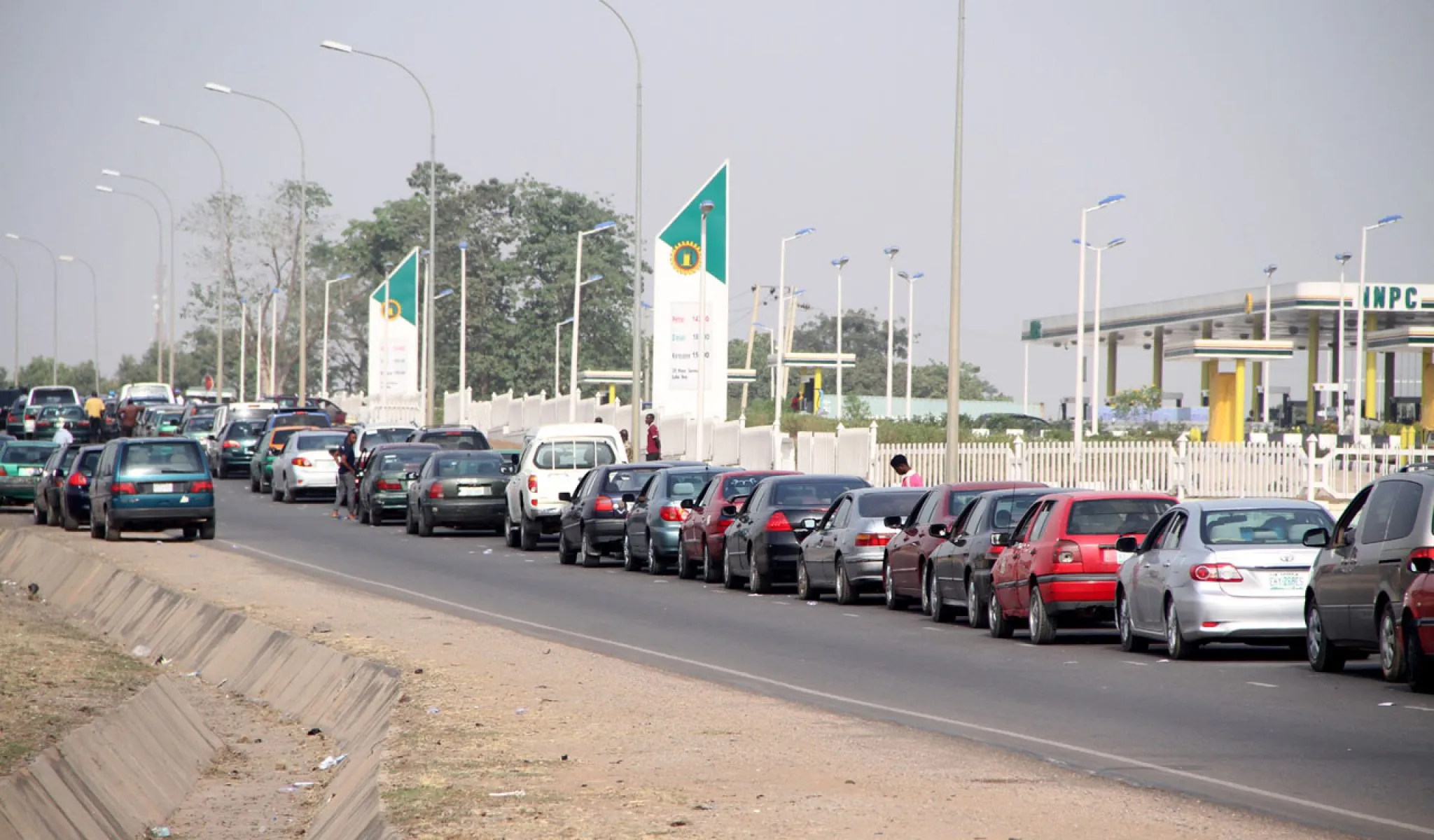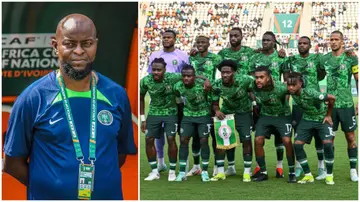A study from the National Bureau of Statistics (NBS) in partnership with the United Nations Office on Drugs and Crime (UNODC) released yesterday revealed that about that about N400 billion is spent on bribes each year in Nigeria.
High Prevalence of Bribes among Judicial and Police Officers
This was contained in a report presented to the public yesterday at the stakeholders meeting to mark the end of the agency’s five-year project on corruption in the country. The survey titled, “Corruption in Nigeria – Bribery: Public Experience and Response” was conducted in the 36 states and the Federal Capital Territory (FCT). According to the report, which covers between June 2015 and May 2016, law enforcement agencies and the judiciary are the highest receivers of bribes.
The report stated that 32.3 per cent of Nigerian adults who had contact with public officials between June 2015 and May 2016 had to pay bribes to the government workers. “Police officers are the type of public officials to whom bribes are most commonly paid in Nigeria. Of all adult Nigerians, who had direct contact with a police officer in 12 months prior to the survey, about 46.4 per cent paid that officer at least one bribe. “Although fewer people come in contact with judiciary officials than with police officers over the course of the year, when they do, the risk of bribery is considerable. The prevalence of bribery in relation to prosecutors is the second highest, closely followed by judges and magistrates.
“The experience of corruption in encounters with public officials whose duty it is to uphold the rule of law can lead to the erosion of trust in public authority”, the report held.
In her remarks, the country representative of UNODC, Cristina Albertin, said that the fight against corruption in the country must be in line with the rule of law, human rights, and evidence-based policies. According to her, until offenders are punished accordingly by necessary authorities, and leaders begin to walk their talk, Nigerians might not see the change they eagerly await. “Taking into account the fact that nine out of every 10 bribes paid to public officials in Nigeria are paid in cash and the size of the payments made, it is estimated that the total amount of bribes paid to public officials in Nigeria in the 12 months was around N400bn, the equivalent of $4.6bn in purchasing power parity.
“This sum is equivalent to 39 per cent of the combined federal and state education budgets in 2016.
The average sum paid as a cash bribe in Nigeria is approximately N5,300, which is equivalent to $61 – PPP. “This means that every time a Nigerian pays a cash bribe, he or she spends an average of 28.2 per cent of the average monthly salary of N18,900. “Since bribe payers in Nigeria pay an average of 5.8 bribes over the course of one year, 92 per cent of which are paid in cash, they spend an average of N28,200 annually on cash bribes – equivalent to 12.5 per cent of the annual average salary.”
The NBS report said 85.3 per cent of bribery cases in Nigeria were initiated either directly or indirectly by public officials, adding that almost 70 per cent of bribes were paid before any service was rendered. “With such a large portion of public officials initiating bribes, which are paid before any service was rendered, it seems that many public officials show little hesitation in asking for a kickback to carry out their duty and that bribery is an established part of the administrative procedure in Nigeria,” it added.
Although there is still a controversy over this report, it has highlighted the problem corruption poses to development and the need for the government to do more to tackle it.











